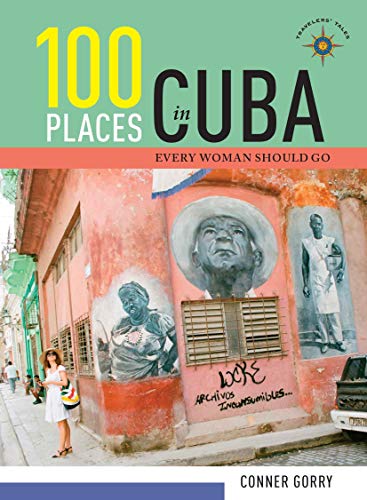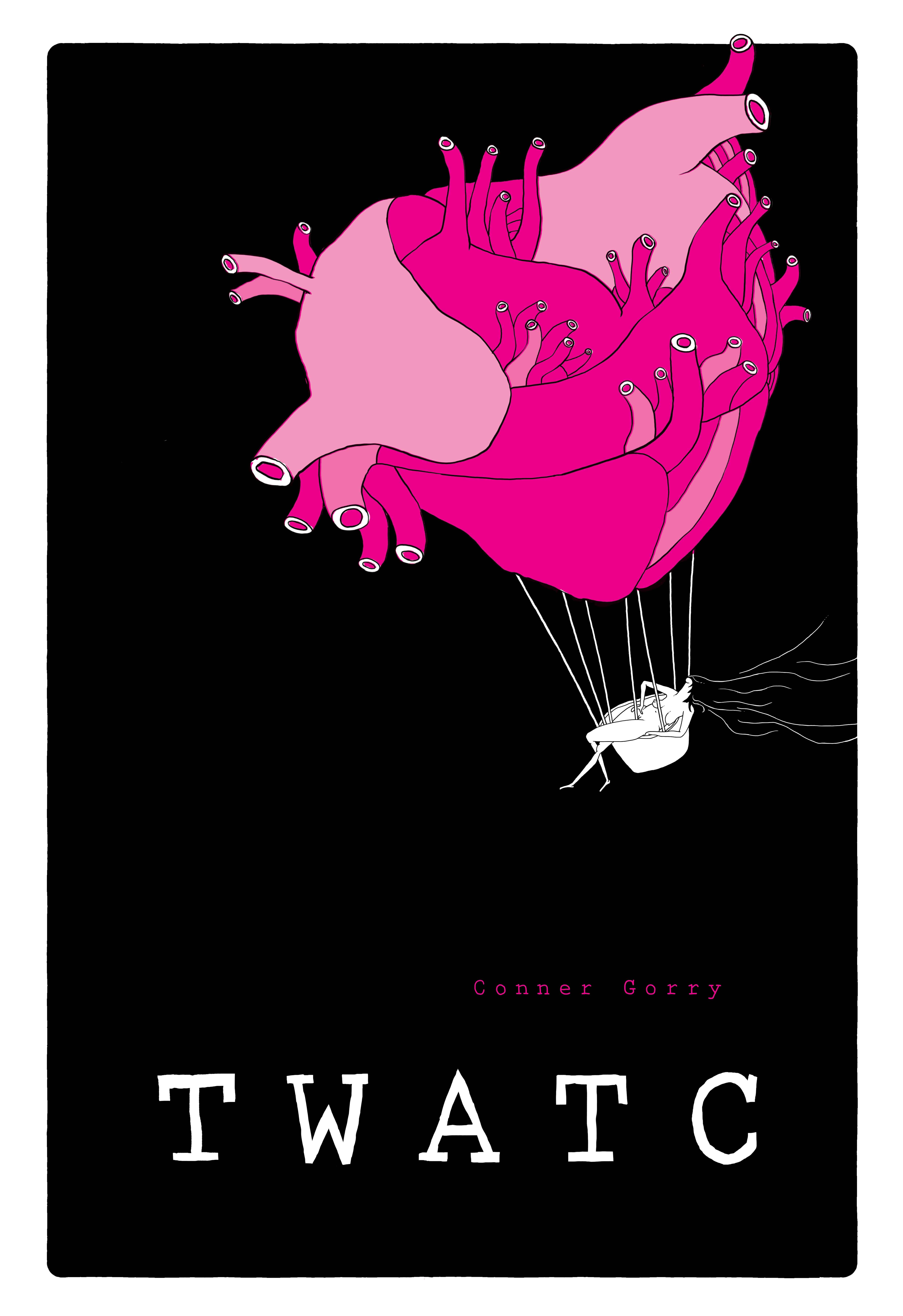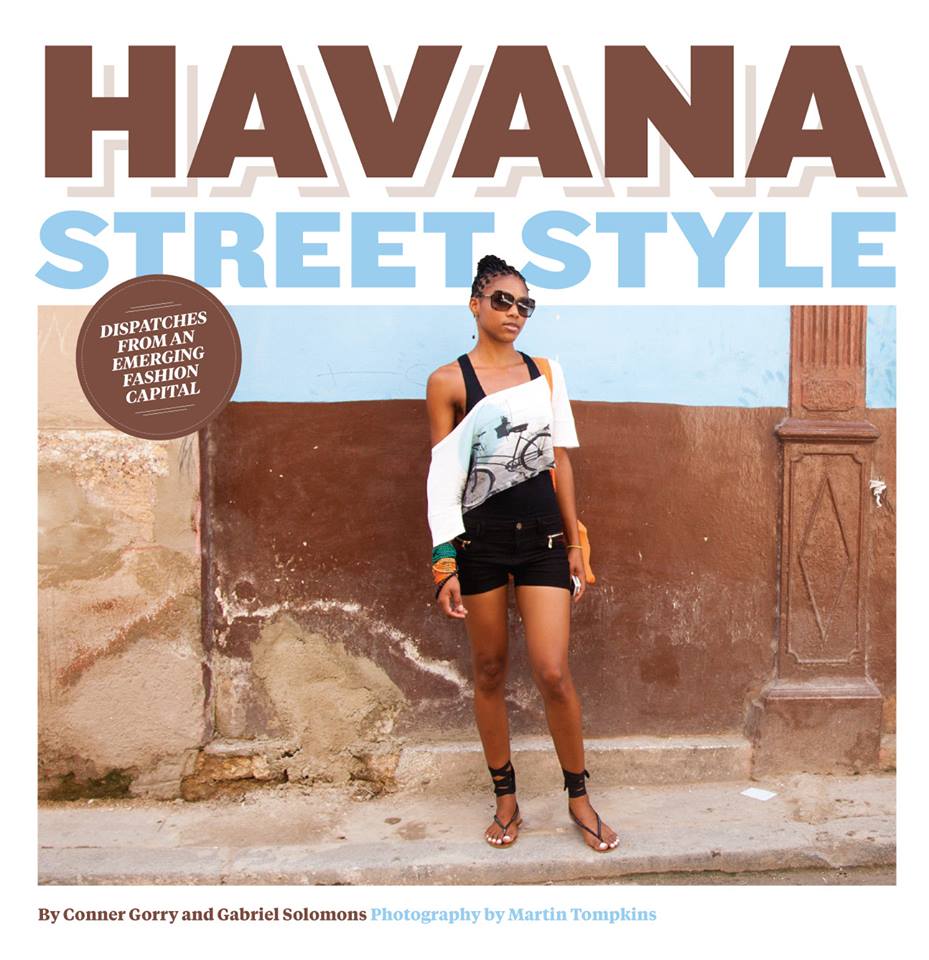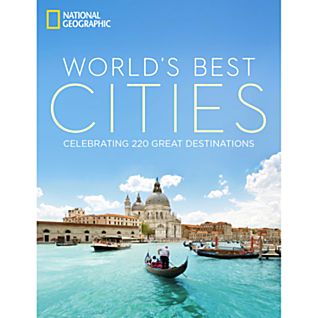Recent events compel me to post sooner than I otherwise might. First, I’ve received so many questions, including in my professional capacity as a journalist, about what’s happening in Cuba that for efficiency’s sake, it’s easier to condense my thoughts here. Part I is What You Need to Know.
Second, just as many people or more, have contacted me asking how they can help. And while some may be abashed to say it, I’m not: Cubans need help. So for everyone wishing to act in solidarity with Cuba and the more than 11 million people on the island, I’ve put together Part II: What You Can Do. If anyone has other (serious, verifiable) leads for donation, support, lobbying, etc., please feel free to drop me a line or comment.
By way of preface, transparency, and cred: I have built this blog and my not-altogether-smooth writing reputation through a golden rule of only reporting what I’ve seen or experienced first-hand. As a (distant second, seldom-used) alternative, I’ll report what close friends and clear-eyed colleagues have experienced. What follows employs both these mechanisms.
I’m not there now, but I was in Cuba for the November 27 sit/sing-in at the Ministry of Culture and ensuing events through March 2021. Different from what’s happening now, but useful as a baseline for how different things can look when you’re on the ground actually living it, from when you’re watching from afar, observing virtually. I’ve also been in constant, expensive and difficult contact with my friends and loved ones, young and old, in Havana and the countryside.
Obviously, there’s much more to be understood and written about these events, but this is what I’ve got for you right now. I’ve used numbered, bold sections for ease of reading.
What You Need to Know
1. Anything on the internet should be considered suspect, false, or doctored until proven otherwise. Cuba and COVID-19 have a lot in common: a perfect storm of historic and novel circumstances converge, fueled by an infodemic and all hell breaks loose. In Cuba’s case, we have 60 years of brewing animosity and policies—on both sides—exacerbated by a pandemic lockdown and four, going on five, years of Trump sanctions. Throw in a rabid, militarized diaspora with some internet savvy (and coaching, I’m sure) and the shit is bound to hit the fan. Oh! Plus the weather.
First time someone has mentioned the weather in relation to recent events? No surprise there. Unless you’ve lived it, weather severity of the type we have in Cuba and how it affects people has probably never occurred to you. But it’s real: two consecutive summers without a beach or pool for cooling off (they were closed both this and last year) , combined with no air conditioning when there’s a blackout (most Cubans can’t afford it anyway), plus the shortages, plus the lines, plus the economic crisis, plus the MLC stores—of course it’s driving some to extreme lengths.
Conclusion: If it weren’t for COVID-19, we would not be seeing protests in Cuba.
2. The US and their shills in the exile community are complicit in fueling the violence (and goddamn it: would all of you just stop? You are destroying people and families). We know violence begets violence in a vicious cycle where there are no winners. Think US involvement is some wacky leftist conspiracy theory? This is old hat for Uncle Sam. Just follow the money—to whom it’s distributed and how it’s spent. These are US tax dollars paying for this, which should nauseate you as it does me.
Conclusion: Cuba’s right to sovereignty and self-determination is violated by US sanctions. Obviously, events in Cuba cannot be laid entirely at the door of foreign intervention, but without the money and cage rattling by the US government and exile groups (to mention nothing of the media’s role), I wouldn’t be writing this post.
3. Too many of us have too short a historic memory and we, as a human race, suffer greatly for it. Several factors at play today put me specifically in mind of the violent act of war at Girón. Remember Girón? To recap: President Kennedy authorized a military invasion of Cuba by CIA-trained and equipped Cuban exiles, promising air cover once they reached the beachhead. That cover never came and many people died as a result. A tactical oopsie daisy from which I would have hoped policymakers had learned. Wishful thinking. Whatever policy analysis is being done in the US continues to underestimate the will of the Cuban majority to defend their right to sovereignty while overestimating the power and sway of people of Cuban descent off-island.
Conclusion: US Cuba policy continues to depend on counsel from partisan factions and people who are too far removed from what is happening on the ground to make an accurate assessment. This has had fatal consequences like the Bay of Pigs, Brothers to the Rescue and others still classified.
4. Pay no mind to the man behind the curtain as he works furiously to distract us from the fact that since the 19th century to right this second, Cuba is a US domestic issue, rather than a foreign policy concern. We need only look at last week: Haiti sinks deeper into chaos and violence, openly requesting US assistance to stabilize the situation and all we’re hearing about is Cuba. Why? And why has President Biden, despite having a ringside seat during the normalization process, despite Dr Jill Biden’s visit to the island, despite his campaign pledges, despite urgent calls to lift sanctions from BLM, Oxfam, the UN and others, refused to change Trump’s policy towards Cuba? Because congresspeople in New Jersey and Florida have his ass over a barrel, posing a threat to his power and the Democrats’ future in mid-term elections. Haiti? Who cares. Cubans? Expendable. Cuba? Capitulate to elected bullies to consolidate power in the Beltway—using florid and moving language, evoking democracy, freedom, and human rights. But only when it fits US interests and narrative.
Conclusion: US policy towards Cuba is about the US, not Cuba or Cubans on the island. As a friend put it recently: the US is ready to sacrifice 11 million Cubans at the Bob Menéndez altar.
5. Too many, including Cuban policy makers, continue to meter todo el mundo en el mismo saco (lump everyone together, ignoring nuance and circumstance). All societies are an organism—a living, breathing, often amorphous and contradictory conglomeration of personalities, individual situations, philosophy, and history. Just like every New Yorker is not a rushed neurotic mess in a perpetual rat race, not every Cuban who has been to the United States is against their own government. Just like not every Floridian is a gin and tonic swilling fogie, not every young Cuban wants to emigrate. Not every Cuban on an overseas scholarship is under the thumb of a foreign government and not every child of Operation Peter Pan is working to destabilize their birth home.
Conclusion: Beware of anything you read that says ‘the Cuban people are doing or feeling X’; such generalizations can’t be applied to any nation and is a blatant tip off that your source is biased. Instead, look for nuance and breaking down of stereotypes—something sorely needed to move us closer to mutual understanding.
6. The limits of Cuban resiliency and creativity are being tested in ways heretofore unseen. Sure, for certain generations and to a certain extent, the Special Period and Bush aggressions were a test. But younger Cubans didn’t live that, they don’t want to live like that and they shouldn’t have to. Their resiliency and creativity are being forged now, during COVID-19. While the pandemic shares some commonalities with the shortages and exposed inequities that typified the 1990s, Cuban youth can’t be expected to channel the same flavor of resilience their parents and grandparents did. They have different sources of resiliency and are as creative, in their own way, but they need a real seat the table and need to be heard—and not only members of the UJC, señores.
I’ve been writing and talking about waning resiliency for a while. Most Cubans I know are tired, hungry, hot and let me underscore: sad. Everyone I’ve talked to in these past few days—Cubans on the island and off—are crying themselves to sleep at night (when they can sleep) and bone/soul depressed about what is happening. They aren’t in the streets or trolling hate on the internet; they are desperately trying to maintain communication with their loved ones, find food, and keep their mental health from further fraying.
Conclusion: Anyone against violence, anyone wishing to see a peaceful, long-term and sovereign solution, anyone who cares about the health and well being of Cubans and their families, wherever they choose to live, should be promoting resiliency and creativity. How do we avert violence while promulgating respectful, sane dialogue even though we disagree? How do we engage disaffected, disenfranchised or apathetic youth? In some cases is doing nothing better than doing something? Just some preliminary questions that can help inform the road map out of this morass.
7. COVID. COVID. COVID. As a public health journalist, as someone who has lived the pandemic in Cuba and now for the past four months in the United States, the A #1 priority right now is controlling the spread of COVID-19 and treating those that have it.
Conclusion: What is killing Cubans is COVID-19. Not the Cuban armed forces. Not the police. Not the lack of internet or freedom of speech. Not even the hunger, kept at bay via the ration card, as threadbare as it is. It’s the SARS-CoV-2 virus and anything that keeps jabs from people’s arms, medicines from their reach, and food from their table is complicit.
***NOTE: I was not aware when I wrote this that 36-year old Diubis Laurencio Tejeda died during the protests. I regret the omission.***
What You Can Do
1. Promote non-violence. If not, the current shit show could erupt into a blood bath.
2. Don’t be a dot com dolt. Do not share, like or otherwise promote posts, tweets, videos or photos without first verifying the source, date, author and veracity of claims made therein. And see What You Can Do #1 before hitting send.
3. Recharge the phones of your loved ones. This allows you to keep in touch and know they’re safe. Also, phone saldo is used as an ersatz currency that can be sold and traded. I’ve used ding and Fonoma, but there are many others.
4. Encourage critical thinking. Pay attention and actively listen. Dig deeper. Be conscious of subtext including hidden agendas, axe-grinding and hypocrisy. Look for nuance.in
5. Don’t fight on the internet. This is akin to pissing in the wind or fucking drunk: useless, frustrating and messy. Your energy and time are better spent hounding your elected officials for a humanitarian Cuban policy during this traumatic pandemic.
6. Send money to loved ones. This is more difficult than ever since Trump shut down Western Union to the island but I’ve successfully used Duales which has the option of depositing into a bank account or delivering the money straight to the recipient’s door.
7. Send food to your loved ones. There has been an explosion of services delivering fresh, canned and prepared food door-to-door in Cuba (side benefit of COVID-19). The ones I’ve used with no problem whatsoever are MallHabana and Katapulk. Not cheap, but assured.
8. Send medicines and syringes to Cuba. Already there are several global campaigns to send urgently needed supplies to Cuba to help control COVID-19, including 30 million syringes so every Cuban can be vaccinated. They have the vaccines because they produced them but they don’t have the syringes. Other options for sending essential medicines and supplies are through the Cuban embassy in your country (except the USA, natch) and now, in your suitcase.
That’s it for now folks. I will update as necessary. Thanks for reading and a huge, grateful hug to everyone who has reached out with emotional, financial and moral support.










